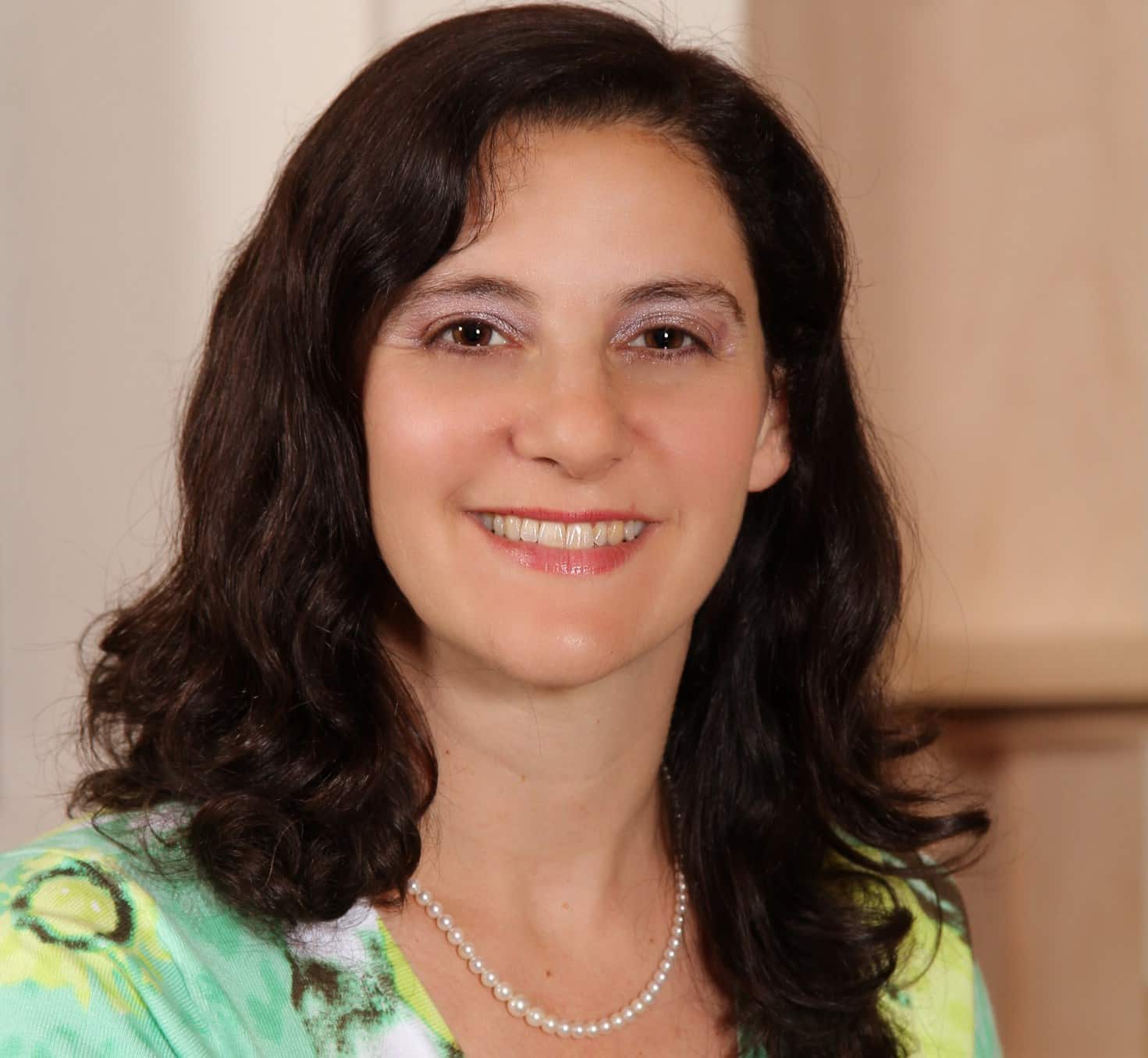Buying Mother’s Day cards was hard for me this year. It was the first time I wasn’t purchasing a Card for my mother – who died last year, just a few days after Mother’s Day. Also the store’s selection didn’t include all the types of cards I needed – such as step-mother. The card aisle didn’t seem to know that families could be complex.
In reviewing the cards, I noticed that the cards describing the “perfect” moms who are the “best in the world” were rather sappy and over the top. Hallmark didn’t seem to know that mothers (like all people) might have some faults too. (I know I do!)
This week’s Torah portion sheds some light on the complexity of parenthood. The parasha begins with a genealogy, saying: “These are the generations of Aaron and Moses in the day that the Lord spoke with Moses in Mount Sinai.” Then the text proceeds to list Aaron’s sons. The rabbis rightly wondered: Why was Moses listed as a father of Aaron’s children?
Rashi, the pre-eminent eleventh century commentator answered that the sons were called Moses’ descendents “because he taught them Torah.” He explained: “This teaches that anyone whoever teaches his friend’s child Torah is accredited as the bearer of the child.” Therefore, Rashi understood that the essence of parenthood was not biology – but rather the imparting of wisdom from one generation to the next.
Like all biblical characters, Moses and Aaron had both incredible strengths and weaknesses. Moses was surely the greatest leader of the Jewish people, who received the Torah and led the people through forty tough years in the desert. The Torah also describes Moses as something of a workaholic, who repeatedly put his communal leadership above his family. (Exodus recounts that Moses’ father-in-law Jethro once advised Moses who was previously working from “morning to night” and encouraged him to set up a system of judges to help him.)
Aaron was a great peace-maker and caring priest for the people. He was devoted to family, but he too had his faults. He was overly permissive, particularly when he allowed the people to build the golden calf.
In the Torah, there are no saints – just real characters with great achievements and shortfalls too. Unlike the Hallmark cards, the fathers and mothers in the Torah are far from perfect, but they seem more real. They can teach us more about life, precisely because they are flawed human beings. We learn both from their achievements and their mistakes.
Unlike the card aisle, the Torah understands that our parents may or may not be our biological mother or father. Yet through our parents’ successes and even failings, they teach us how to live. Like the biblical matriarchs and patriarchs, our parents give us the sacred legacy of their life’s story. Write that in a Hallmark card.























 More news and opinions than at a Shabbat dinner, right in your inbox.
More news and opinions than at a Shabbat dinner, right in your inbox.